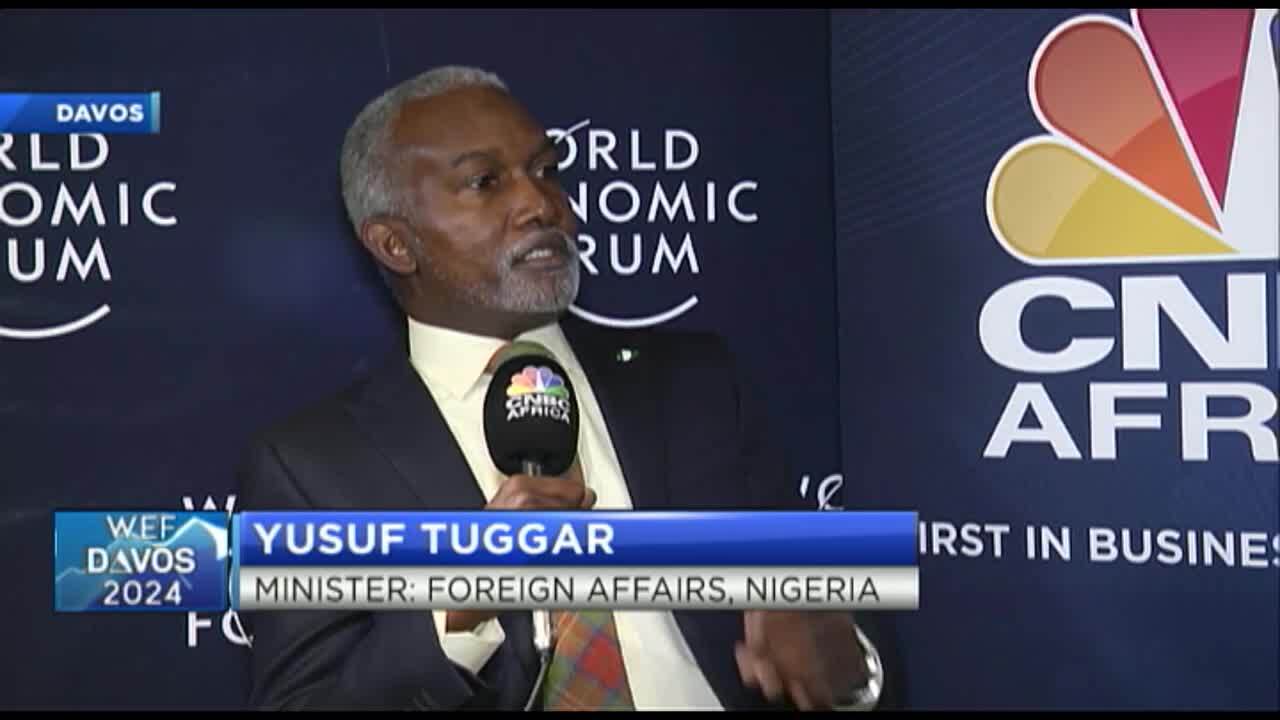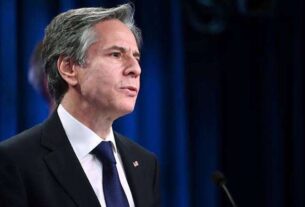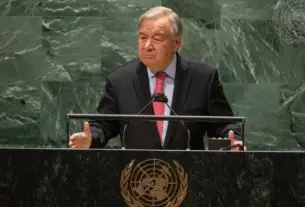Tuggar said that the 4Ds include “Democracy, Development, Demography and Diaspora,” stressing that they provide a new vision for Nigeria in contemporary times. He emphasised that Nigeria depends on this new line of vision to actualise its objectives and benefit from its foreign policy engagements.
Minister of foreign affairs, Ambassador Yusuf Tuggar, has called on the Institute of Peace and Conflict Resolution (IPCR) to intensify efforts and “brainstorm on conflict resolution and peace promotion” in order to create an atmosphere for socio-economic development in the country.
The minister gave the charge yesterday in Abuja, when he addressed the staff members of the institute led by the director-general, Dr. Joseph Ochogwu at a one-day sensitisation and awareness session on the recently launched “4Ds Foreign Policy” doctrine of the President Bola Tinubu-led federal government
Tuggar said that the 4Ds include “Democracy, Development, Demography and Diaspora,” stressing that they provide a new vision for Nigeria in contemporary times. He emphasised that Nigeria depends on this new line of vision to actualise its objectives and benefit from its foreign policy engagements.
The minister emphasised the importance of peace and conflict resolution in achieving the foreign policy objectives of the country and charged the institute to tackle the “endogamous and exogamous” crises within the borders of Nigeria and cross-border areas that have posed security challenges including the proliferation of small arms and light weapons in the country following the crisis in Libya.
According to the 4Ds policy, ‘Democracy’ will guarantee freedom, human rights and the rule of law, while ‘Development’ entails the mobilisation of the resources of the people to build their capacity to boost trade and investment and end the cycle of dependency.
The third D, which is ‘Demography’ reels out the administration’s intentions to use the country’s demographic advantage to harness its human capital resources for development.
The last D which is ‘Diaspora’ outlines efforts to exploit the skill and expertise of the Nigerians in the Diaspora like their Indian counterparts to bring in investment in the country in varied sectors of the country.
The DG in his opening address said the “4Ds Foreign Policy Doctrine is a remarkable initiative” adding that the Institute’s mandate of peace promotion and conflict resolution falls under the ambit of this policy.
He said the awareness session will afford the IPCR members of staff the opportunity to have vast understanding on the 4D Policy Concept, as well as imbibe the necessary techniques and strategies to align this veritable policy with the Institute’s activities and projects towards achieving the overall goal of Mr. President’s Renewed Hope Agenda and in particular the eight presidential priorities and focus areas of the agenda.
“For emphasis, the eight presidential priorities and focus areas include, ‘food security’, ‘ending poverty’, ‘economic growth and job creation’, ‘inclusivity’, ‘fairness and rule of law’, ‘access to capital’, ‘fight corruption’, and ‘improving security’. They are targeted at reshaping the Nigerian economy for outstanding growth, peaceful coexistence, stability and improved global influence,” he said. Leadership.





